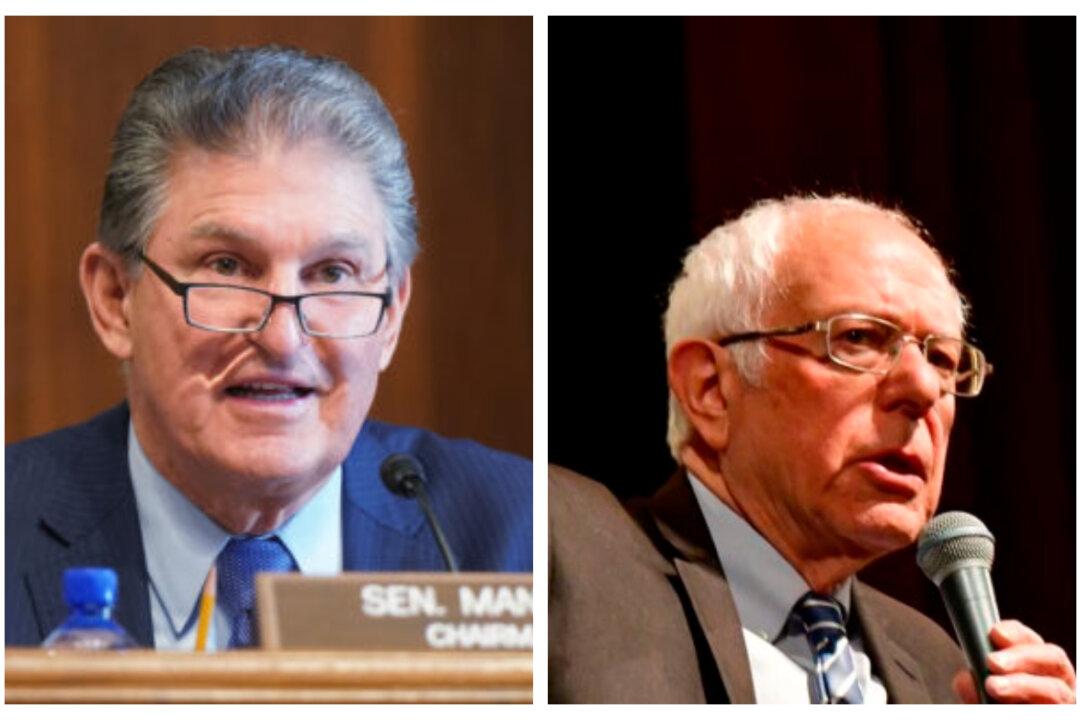Democrats in Congress have long emphasized their $3.5 trillion budget bill’s climate policies as constituting a crucial element of the bill, although moderate Sen. Joe Manchin (D-W.Va.) remains unconvinced, even as colleagues in his party speed toward another legislative deadline at the end of October.
For most Democrats in Congress, policies to reduce carbon emissions and to move away from fossil fuels have been a keystone of their policy priorities for months.





